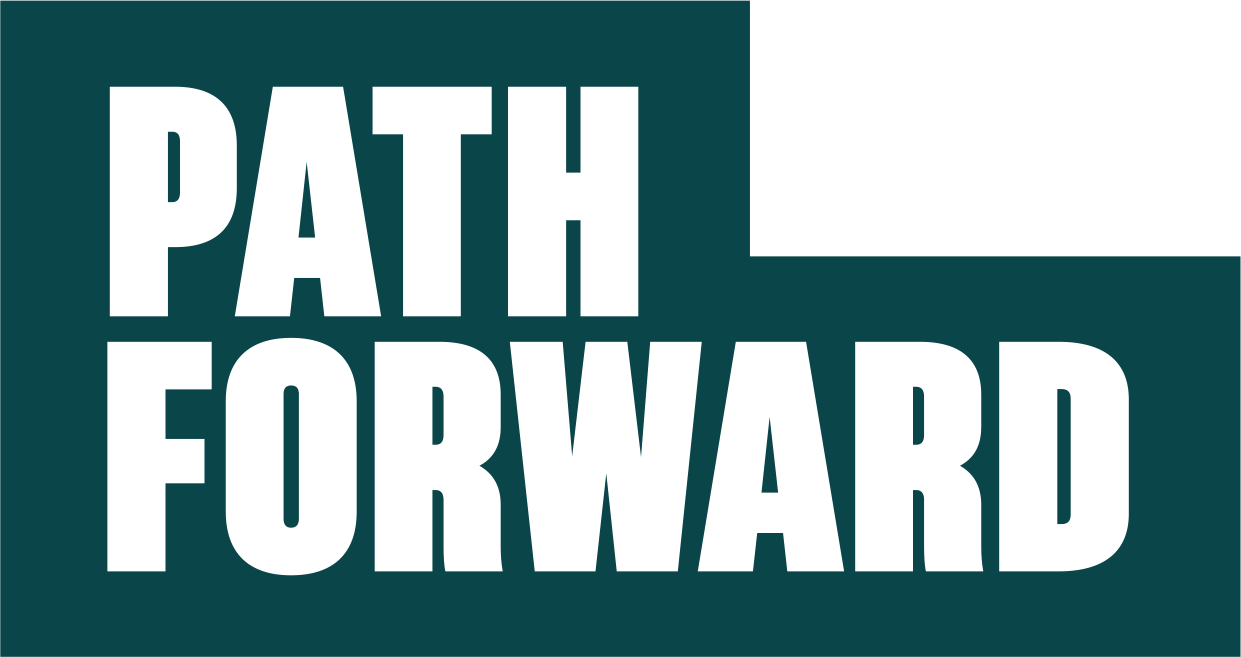Are we here to work or to schmooze?
If you’re a boss, and your style is to focus more on getting the work done then on nurturing relationships, this is for you.I know how you feel. Well, maybe I do. (Actually, never trust anyone who says, “I know how you feel.”) What I do know is:
- I derive lots of satisfaction from getting the work done – effectively, efficiently, with quality, and on time.
- They pay us to do a job here, not to schmooze or gossip or discuss politics or the kid’s soccer games.
And still …Different folks bring different styles to the table, and each style has its advantages. While the priority for you and me might be accomplishing stuff, Michael and Maria might get their jollies from interacting with their friends at work. Doesn’t necessarily mean they’re partying from 9 to 5. It doesn’t even mean they don’t work as hard or as well as we do.In fact, their relationship orientation may give them a kind of expertise. Maybe they’re magicians at getting people to work together, or keeping people feeling connected to each other and to the work — critical prerequisites for the successful 21st Century workplace.The problem for people like you and me is that we tend to assume that social types like Michael and Maria are all about goofing off. We tend to discount them or get frustrated with them.
For people who thrive on relationship, a few minutes of connecting can mean all the difference to their motivation and their job satisfaction
Try this instead: engage them. Yeah, I know it’s against your grain to do the small-talk thing. But try it. Not for long. You don’t need to stand at the water cooler and schmooze with everyone who walks by. You don’t need to have half-hour conversations — or even 10 minutes – with Michael and Maria about their hour-by-hour plans for the weekend.What you need to do is show just a little, genuine, interest in who they are as human beings. That can take the form of a two-minute informal check-in at the beginning or end of a meeting, or a casual inquiry at the start of the workday about what’s going on in their world. For social types — people who thrive on relationship — a couple of minutes here and there can mean all the difference to their motivation and their job satisfaction.Of course, you have to know how to graciously but firmly turn off the tap, in case opening the faucet starts a deluge. In that case, words to the effect of, “Gee, I’d love to continue the conversation later, but for now I’ve really got to get back to it…” are necessary tools.Try it. Just a few pleasantries, a real human connection, for a minute or two, once or twice a day, with people who seem to need it. If it doesn’t work, tell me. If you can’t stem the deluge, maybe I can offer you a tool or two to shut them up.I can’t take too long to discuss it with you, though, because although I’d love to continue chatting with you, I’ve really got to get back to it …
YOUR PATH FORWARD: 1) Take a workshop in work style assessments. My favorite is the DiSC. It will help you understand both the natural style you bring to your work (e.g. perfectionistic, creative, collegial, decisive) and the styles others around you (and above and below you) bring. Studying work styles will help you understand that no one style is right or wrong — that all styles have powerful advantages for the team. The challenge is to mine those advantages while minimizing the drawbacks of each style.2) Take two minutes a day with each of your more social direct reports to make a connection with them around something other than work. Over time, notice the dividend that pays in their motivation and their job satisfaction.
